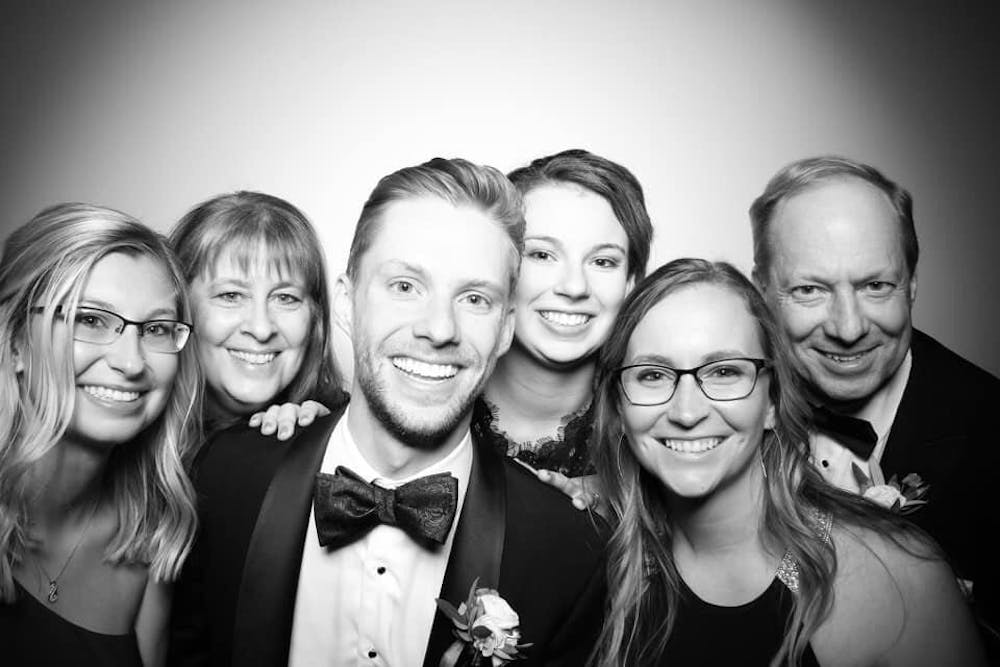Senior Abby Biehl drove home Thursday to Charlotte to pick up some things after moving in with her boyfriend in South Carolina. The things she needed to pick up were set outside the house and Biehl waved goodbye to her parents through a window.
“I don’t know when I can see them again so this whole transition is really scary,” Biehl said.
Biehl’s father, Jay Biehl, had a double-organ transplant in 2012.
“Because of that, he’s immunocompromised, so even with the normal seasonal flu and any sickness at all, we have to totally stay in our bedrooms and stay away from him,” Biehl said.
COVID-19 is especially dangerous for immunocompromised individuals, meaning people whose immune system defenses are weakened. According to the Centers for Disease Control and Prevention, immunocompromised individuals can include those with HIV, cancer patients taking immunosuppressive drugs and transplant recipients.
Biehl moved in with her boyfriend to minimize the risk of exposure to COVID-19 for her father.
“A lot of people are just doing normal, basic things, but for us it seriously could be life-threatening so it’s a big deal,” Biehl said.
Students like Biehl who have immunocompromised family members have had to make careful decisions in response to COVID-19.
Sophomore Ella Taggart’s father has a chronic heart condition for which he takes two immunosuppressive medications. She traveled to Florida for 10 days during spring break.




